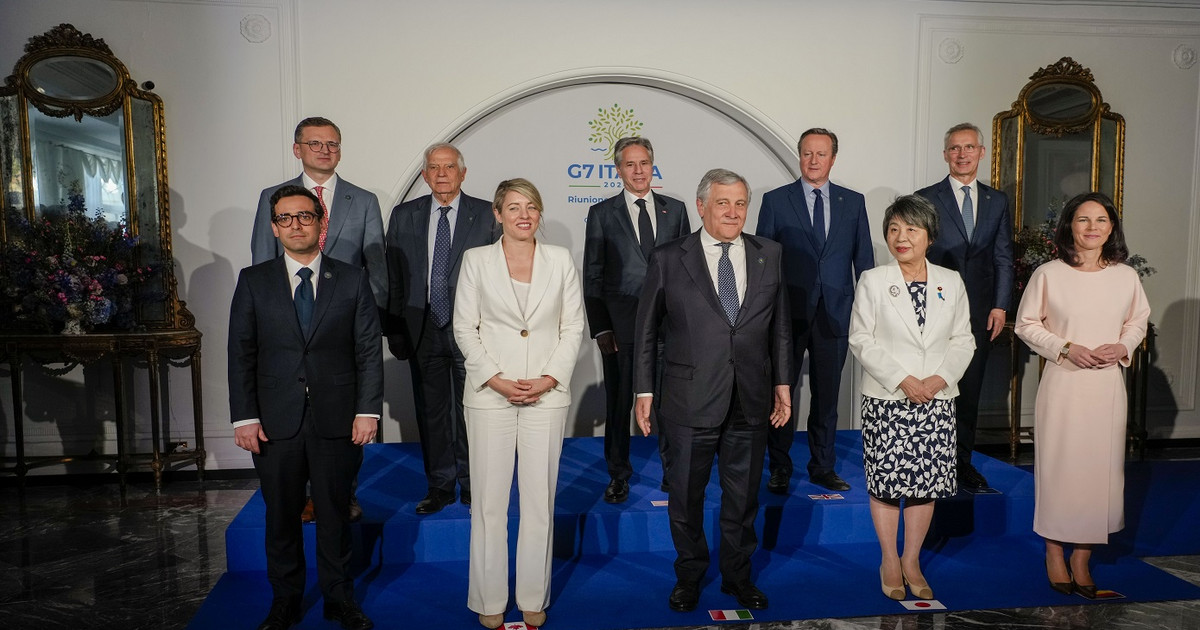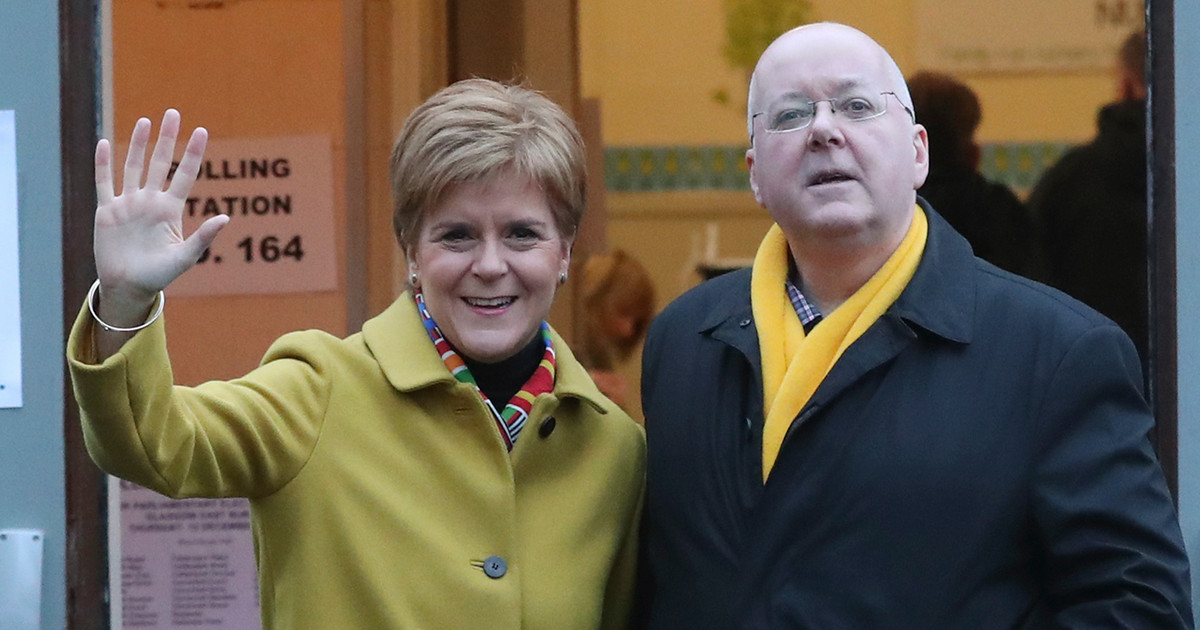At least 2.9 million Brazilians over 18 years of age declare themselves to be homosexual or bisexual. The number is equivalent to 1.8% of the country’s adult population. The data, compiled in 2019, are part of an unprecedented survey by the Brazilian Institute of Geography and Statistics (IBGE).
Released this Wednesday (25), the National Health Survey (PNS) also pointed out that 1.7 million people did not know how to define their sexual orientation. Another 3.6 million preferred not to respond. This is the first time that the entity has evaluated this aspect in home consultations.
In the analyzed period, Brazil had 159.2 million citizens of legal age. Of this total, 94.8% said they were heterosexual. Another 1.2% said they were homosexual and 0.7% bisexual. Already 1.1% did not know how to respond and 0.1% mentioned another sexual orientation, such as asexual or pansexual. In addition, 2.3% did not want to identify which gender or sex they were attracted to.
The study coordinator, Maria Lucia Vieira, draws attention to the proportion of respondents who did not want to participate in data collection. “The number of people who did not want to respond may be related to the interviewee’s fear of self-identifying as homosexual or bisexual and informing someone else of their sexual orientation”, she evaluates.
“Several factors can interfere with the verbalization of sexual orientation, such as the cultural context, living in small towns, the family context, feeling insecure to talk about the topic with a stranger, distrust with the use of information, uncertainty about their sexual orientation, the lack of understanding of the terms homosexual and bisexual, among others”, highlights the scholar.
The highest percentage of people who declared themselves to be homosexual or bisexual was registered among the youngest. In the 18-29 age group, 4.8% of citizens said they fit into these groups. At the same time, this age range had the highest percentage of people who did not know how to respond (2.1%) or refused to give the information (3.2%).
Vieira says that this scenario is also observed in other nations. “The higher percentage of young people who did not know how to respond may be associated with the fact that these people have not yet consolidated the process of defining their sexuality. Similar results were obtained in research carried out in other countries, such as the United Kingdom, for example”, he concludes.
In terms of regions, the Southeast recorded the highest number of people who declared themselves to be homosexual or bisexual, with 2.1%. In the sequence appear the Northeastern states, with 1.5%. In the capitals, Porto Alegre (5.1%) stood out, followed by Natal (4%) and Macapá (3.9%).
Source: CNN Brasil






